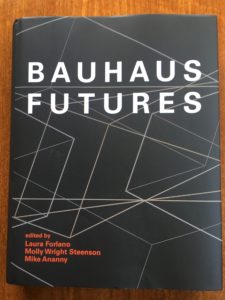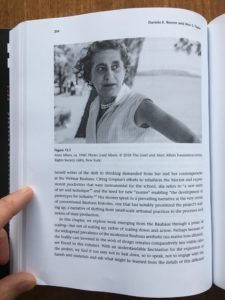How will digital technology disrupt traditional patterns of innovation? Discuss and explore at our symposium on 19 Jan #DisruptInnovation #DriveTechnology Please register https://t.co/hjxx3RIii4 @Dsimeo @susanjhalford @JeremyS1 pic.twitter.com/2vCVoo0mmt
— Bristol Digital Futures Institute (@DigiFutures) December 22, 2021
Next up Panel 1 for #digifutures22 “Remaking Digital Futures” pic.twitter.com/fysLukHG83
— Bristol Digital Futures Institute (@DigiFutures) January 19, 2022
Panelist on “Remaking Digital Futures”, Bristol Digital Futures Institute’s inaugural symposium.



